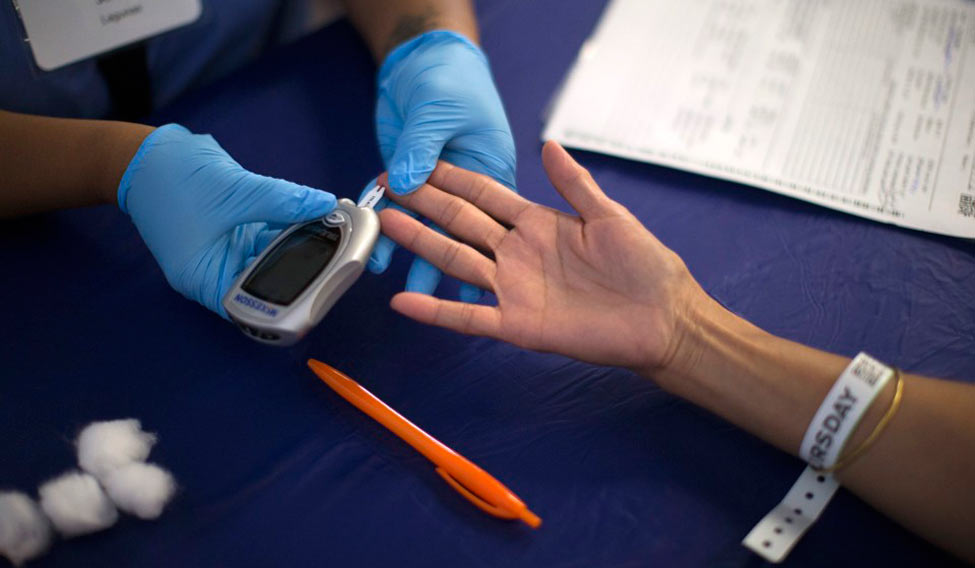In a study by ASSOCHAM, shockingly over 40 per cent people in Delhi are suffering from diabetes and a majority are in the age group of 20-40 years. Among other major cities, 38.9 per cent people in Mumbai, 26.5 per cent people in Bengaluru and 19.7 per cent people in Kolkata are suffering from diabetes.
Doctors say that the diabetes situation in the country is scary as children as young as 13-years-old are suffering from diabetes type-2, which is a life style disease. They also feel that it is sedentary lifestyle along with unhealthy eating habits of people which is leading to diabetes in India.
Currently, India has 68 million people suffering from diabetes and the number may go up to 125 million by 2035 if people don’t change their lifestyle. Diabetes affect all the major organ of the body and lead to many health complications such as retinopathy, kidney failure, gangrene, if left uncontrolled.
“It is difficult for a diabetic to undergo any surgery as wounds take longer to heal if sugar level in the blood is higher than the normal. A diabetic person is also at a higher risk of developing other metabolic diseases such as obesity, coronary artery disease and high cholesterol,” says Dr Manisha Gupta, a Chandigarh-based physician.
Another shocking fact revealed by the latest study is that women are at a higher risk of developing diabetes. There is 42 per cent increase in the cases of diabetes in women while their male counterparts have shown an increase of 25 per cent. Most of the diabetes cases are related to obesity in the population under study. One out of every six adolescent in India is now overweight, the study says.
Diabetes is a chronic disease, which once occur has to be managed with medication and diet management. Early diagnosis may help in better management of the disease, says D.S. Rawat, secretary general, ASSOCHAM. “Along with lifestyle modification, eating a vitamin rich diet may also help people in staying away from the most common non-communicable disease which is the fourth largest killer disease across the globe,” he says. Rawat says they are planning to organise 85 screening camps in the next 100 days in Delhi.





